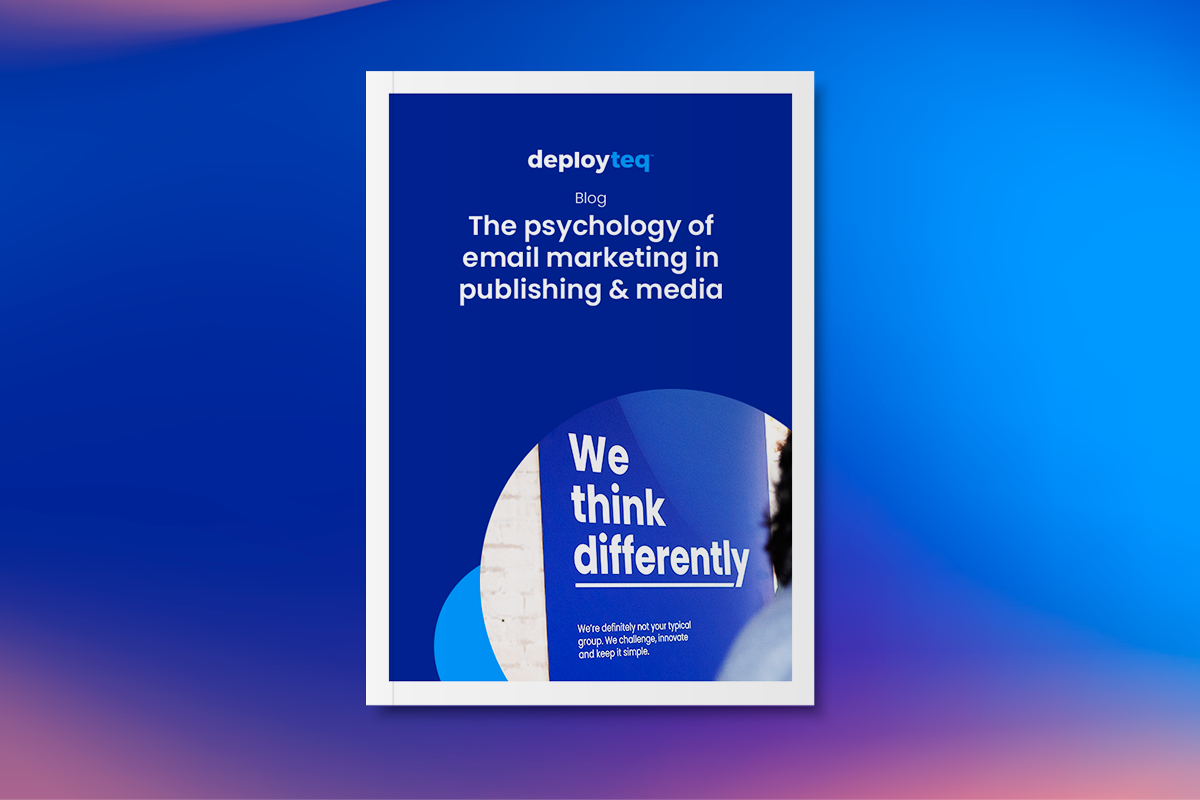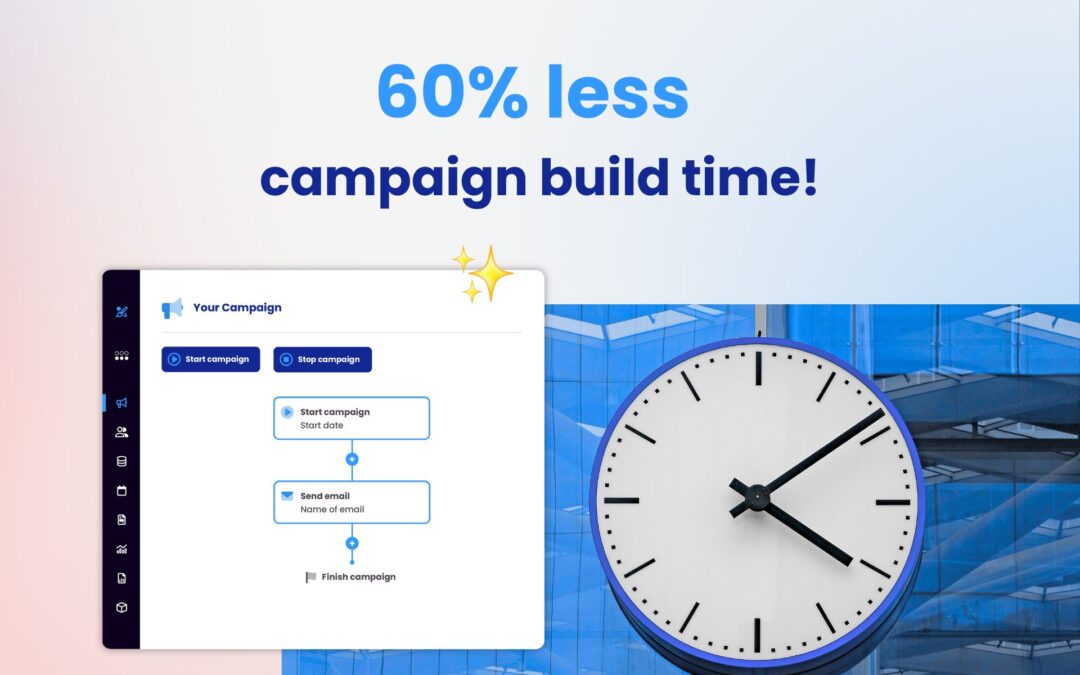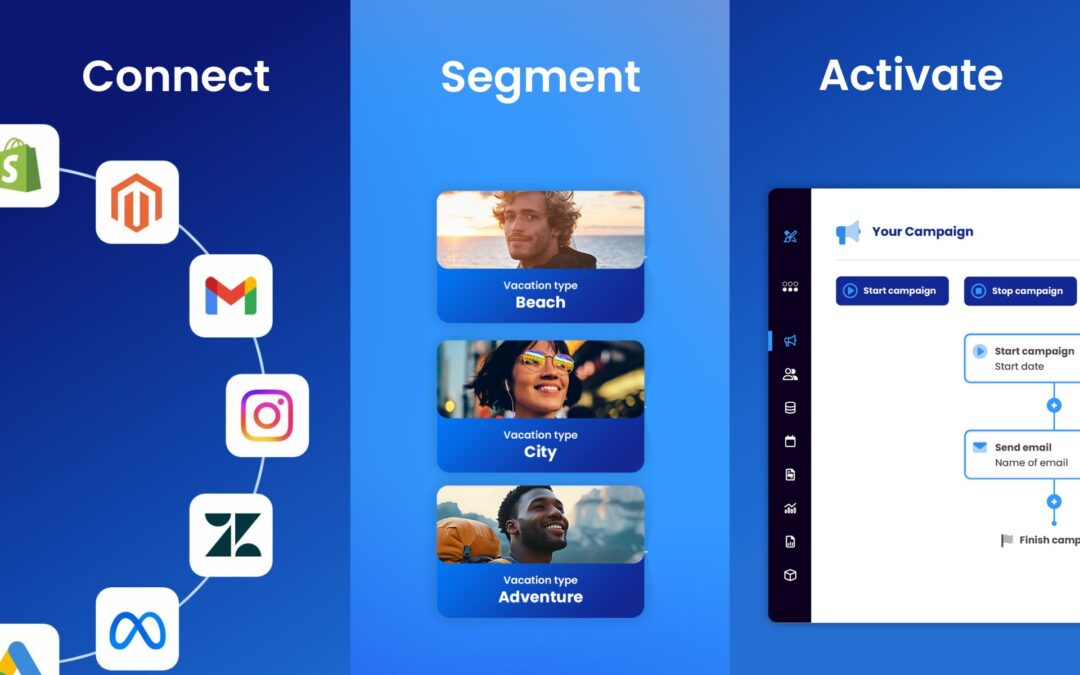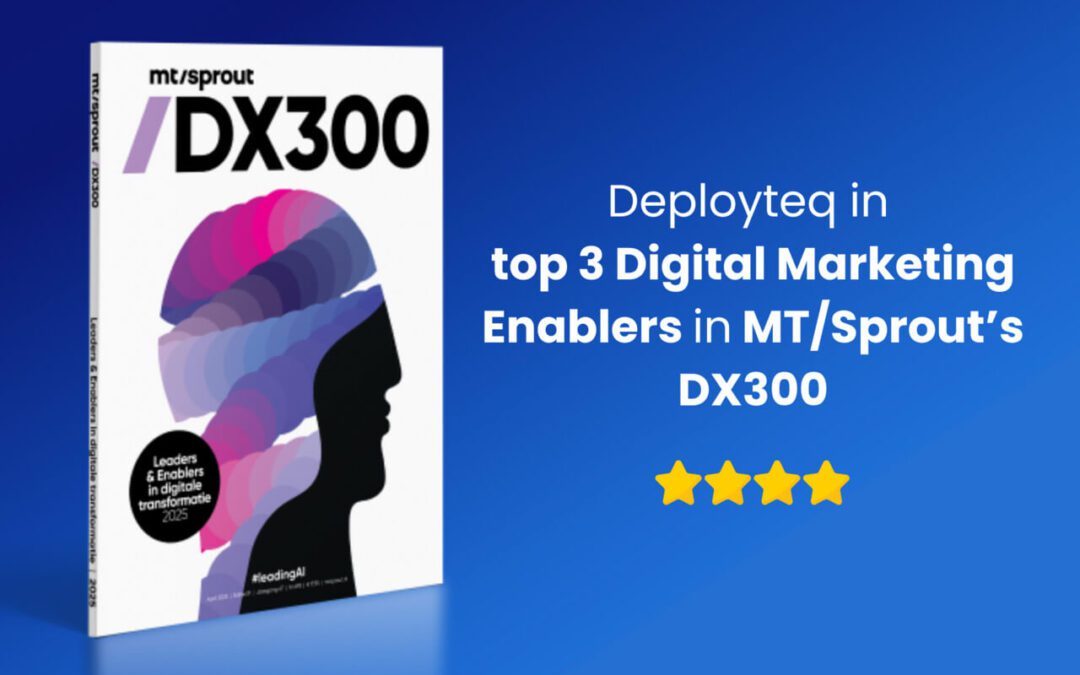In the publishing and media industry, email marketing is essential for engaging audiences, promoting content, and driving revenue. Understanding consumer psychology is important in creating email campaigns that resonate with readers. Publishers can improve their reader engagement by personalising content, tailoring messaging, and optimising strategies based on behavioural insights.
When email campaigns align with recipients’ preferences, motivations, and decision-making processes, they become more compelling, resulting in higher engagement and conversion rates. For publishers, email marketing is a powerful tool for cultivating relationships, cultivating loyalty, and achieving success online.
Understanding consumer psychology
Companies aiming to grow in competitive markets need to understand consumer psychology to succeed. It enables them to craft strategies that resonate deeply with their target audience by understanding the motivations behind consumer decisions. Publishers can tailor their products, marketing messages, and experiences to meet the nuanced demands of their customers by understanding how emotions, perceptions, and social factors affect buying behaviour.
In addition to improving customer satisfaction and loyalty, this knowledge also boosts conversion rates and profitability significantly. To achieve a competitive edge, consumers must master consumer psychology to develop offerings that are genuinely aligned with their needs and desires.
How does consumer psychology impact email marketing?
In email marketing, consumer psychology profoundly impacts how recipients perceive, interact with, and respond to email content. Email campaigns can be more effective if they understand human behaviour and psychological triggers, which results in higher conversions and engagements.
Email engagement depends on emotions. Positive emotions, such as joy, excitement, and curiosity, can make an email more persuasive, encouraging recipients to read, open, and act. Creating emails that connect emotionally with readers, whether through storytelling, humour, or empathy, can significantly boost open rates and click-through rates. Incorporating these emotional triggers and psychological principles into email marketing campaigns can improve results and foster stronger relationships with audiences.
How are Cialdini’s 6 Powers of Persuasion displayed in email marketing in the publishing and media industry?
We’ve already explained Cialdini’s 6 Principles of Persuasion in our article ‘The Psychology of Email Marketing in Travel Attractions & Hospitality’.
Cialdini’s 6 Principles of Persuasion, a cornerstone of understanding how to influence people’s decisions and behaviours, are highly relevant in the context of email marketing within the Publishing and Media Industry. Here’s how these principles are displayed:
1. Reciprocity
This principle suggests that people feel obliged to give back to others who have given to them. In email marketing, publishers often offer free valuable content, such as e-books or exclusive articles, expecting that recipients will feel inclined to subscribe or purchase in return.
2. Commitment and consistency
People like to be consistent with their past commitments and behaviours. Email marketers leverage this by encouraging small initial commitments, like signing up for a newsletter, which can lead to larger commitments, such as purchasing a subscription.
3. Social proof
Demonstrating that others have made a purchase or subscribed can persuade others to do the same. Email campaigns often include testimonials, subscriber counts, or social media shares to invoke this principle.
4. Authority
People respect authority and are more likely to be persuaded by experts. Publishers use email marketing to highlight endorsements from recognized industry experts or accolades their content has received, enhancing credibility.
5. Liking
We are more likely to be influenced by people or entities we like. Publishers personalise email content to reflect the recipient’s preferences and interests, fostering a positive relationship and likability.
6. Scarcity
The perception of scarcity can generate demand. Email marketing campaigns often highlight limited-time offers, exclusive content, or limited availability to create urgency and prompt action.
By integrating these principles, email marketing in the Publishing and Media Industry can effectively persuade recipients, leading to increased engagement, subscriptions, and sales.
Strategies for leveraging psychology in email campaigns in the Publishing and Media industry
Using psychology in email campaigns is an effective way to engage and connect with readers, especially in the Publishing and Media industries. Here are some key strategies:
- Personalisation and its impact on reader engagement
Personalisation goes beyond addressing the reader by their first name. It involves tailoring content to meet the individual preferences and interests of each subscriber. This strategy significantly enhances reader engagement by making the content more relevant and appealing. Personalised recommendations, based on previous interactions or reading habits, can increase open rates and click-through rates, fostering a stronger connection between the publisher and the reader.
- The use of storytelling in building connections
Storytelling is a powerful tool to evoke emotions and create a deeper connection with the audience. By incorporating narratives that resonate with readers, publishers can make their emails more engaging and memorable. Stories can be used to illustrate key messages, share successes, or highlight the impact of content or services offered. This approach leverages the psychology behind storytelling, where emotional engagement leads to higher retention and conversion rates.
- Timing and frequency: When to send for maximum impact
The timing and frequency of emails are critical in ensuring they have the maximum impact. Emails should be sent when readers are most likely to engage, which varies depending on the audience’s habits and preferences. Analysis of engagement data can help identify optimal send times. Additionally, maintaining a consistent yet non-intrusive frequency ensures that the audience remains engaged without feeling overwhelmed. Striking the right balance is key to keeping subscribers interested and responsive over time.
Implementing these strategies requires a deep understanding of the audience, a commitment to delivering value at every touchpoint, and the use of data to inform and refine tactics continually.
How to measure email engagement
In the publishing and media industry, measuring email engagement is crucial for understanding how audiences interact with content and for optimising future email campaigns. Here’s an overview of the metrics to track and recommended tools for analysing email campaign performance:
Metrics to Track
1. Open rate: The percentage of recipients who open an email. It gives an insight into the effectiveness of your subject line.
2. Click through rate: The percentage of email recipients who clicked on one or more links contained in an email. This metric is vital for assessing the relevance and appeal of the content or offers presented.
3. Conversion rate: The percentage of email recipients who clicked on a link within an email and completed a desired action, such as making a purchase or subscribing.
4. Bounce rate: The rate at which your emails are not delivered. Tracking bounces helps maintain a healthy email list.
5. List growth rate: Measures how quickly your email list is growing. Keeping an eye on this metric helps you understand the effectiveness of your list-building strategies.
6. Email sharing/forwarding rate: Indicates the percentage of recipients who share your content or forward it to others, a key metric for understanding the virality and appeal of your content.
Email marketing is an indispensable tool for audience engagement, content promotion, and revenue generation in the media and publishing industry. Understanding consumer psychology is key to crafting email campaigns that resonate deeply with readers. By personalising content, tailoring messaging, and optimising strategies based on behavioural insights, publishers can significantly enhance reader engagement and drive conversion rates.
Start implementing psychology in your communications
Implementing consumer psychology principles can make a profound impact on your campaigns, driving higher engagement and conversions. At Deployteq, we specialise in data-driven strategies that leverage consumer psychology to create compelling email experiences. Let us help you connect with your audience on a deeper level and achieve exceptional results. Contact Deployteq today to start implementing these proven methods and take your email marketing to the next level.











